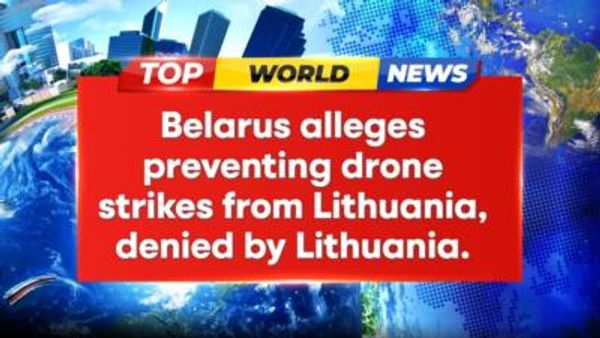The threat of the deadly varroa mite continues to cause havoc in the New South Wales bee industry as another emergency zone is established on the Central Coast, north of Sydney.
The detection of the Varroa destructor at a property at Calga has triggered the establishment of a 10-kilometre exclusion zone around the site.
Bee colonies within a 25km surveillance zone will be inspected.
It is the ninth infected premises to be discovered in a 'red zone', after the pest was first detected in sentinel hive at the Port of Newcastle last week.
"So far many of the infested premises have been located very close together, so the emergency zones covered largely the same areas, but recent detections at Bulahdelah and Calga have expanded the area covered," Chris Anderson from the Department of Primary Industries (DPI) said.
The DPI said it was not 'overly concerned' about the new zone at Calga because it was a direct link to the Newcastle area.
"These are different apiary sites that belong to the same operation so it's likely that the mites have just been spread around from within that business but not necessarily that they've come in from the bush or surrounding beehives," Mr Anderson said.
Eradication involves dousing the bees in petrol or gassing them before torching the hives.
The DPI has said feral bees in both the eradication and surveillance zones will also be destroyed, but it is not yet clear what that will involve or when it will commence.
The Department of Primary Industries has revealed it will begin euthanising feral colonies of honey bees inside the zone to prevent the risk of spread.
Feral honey bees are not native species but rather European honey bees that live in the wild.
Chris Anderson said the DPI had approval from the Australian Pesticides and Veterinary Medicines Authority to begin fipronil baiting the wild colonies.
"That permit has precautions in place to protect native wildlife and non-target insect species."
"When fipronil is being used in the bait station there needs to be an officer present at that station watching what's happening and making sure that there aren't birds or other things coming to feed," Mr Anderson said.
He said they would not be leaving chemicals in the environment but officers would be making a sugar syrup and boiling honey and bees wax to attract the bees to the station.
"We're not leaving chemical out in the environment and we're supervising every aspect," he said.
Queensland, South Australia and Victoria have all banned the import of any bees or related product from NSW.
The outbreak is expected to cost the industry $70 million, with details of a compensation package for commercial and amateur beekeepers set to be announced next week.
The DPI said it would know within two weeks whether the deadly parasite could be eradicated.
"If we can put a ring around it we can determine whether it's manageable and whether eradication is technically feasible," Mr Anderson said.







